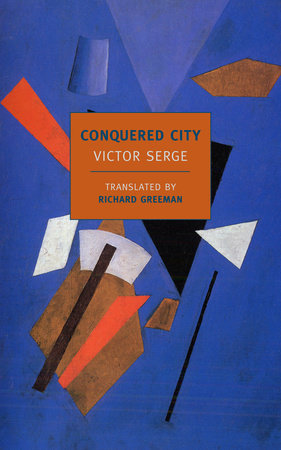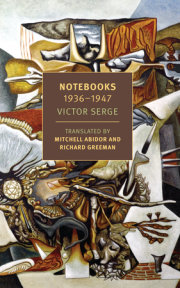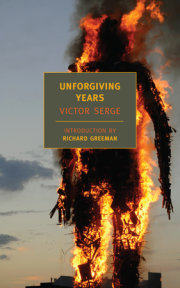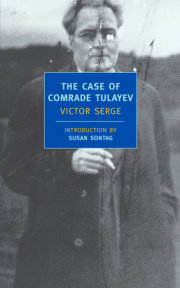Victor Serge (1890–1947) was born Victor Lvovich Kibalchich to Russian anti-czarist exiles, impoverished intellectuals living “by chance” in Brussels. A precocious anarchist firebrand, young Victor was sentenced to five years in a French penitentiary in 1912. Exiled to Spain in 1917, he participated in an anarcho-syndicalist uprising before leaving for Russia to join the Revolution. Arriving in 1919, after a year in a French concentration camp, Serge joined the Bolsheviks and worked in the press services of the Communist International in Petrograd, Moscow, Berlin, and Vienna. An outspoken critic of Stalin, Serge was expelled from the Party and jailed in 1929. Released and living in Paris, he managed to publish three novels (Men in Prison, Birth of Our Power, and Conquered City) and a history (Year One of the Russian Revolution). Arrested again in Russia and deported to Central Asia in 1933, he was allowed to leave the USSR in 1936 after international protests by militants and prominent writers like André Gide and Romain Rolland. Using his insider’s knowledge, Serge published a stream of impassioned, documented exposés of Stalin’s Moscow show trials and machinations in Spain, which went largely unheeded. Stateless, penniless, hounded by Stalinist agents, Serge lived in precarious exile in Brussels, Paris, Vichy France, and Mexico City, where he died in 1947. His classic Memoirs of a Revolutionary and his great last novels, Unforgiving Years and The Case of Comrade Tulayev (both available as NYRB Classics), were written “for the desk drawer” and published posthumously.
Richard Greeman, the translator of four of Victor Serge’s novels, has written a doctoral dissertation about Serge along with numerous other studies of his work and life. He blogs at Z-Space (www.zcommunications.org/zspace/rgreeman) and his Beware of “Vegetarian” Sharks!: Radical Rants and Internationalist Essays (Illustrated) was published by Praxis in 2007.









